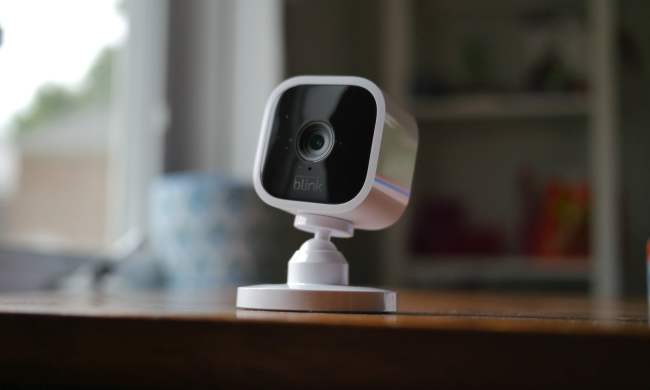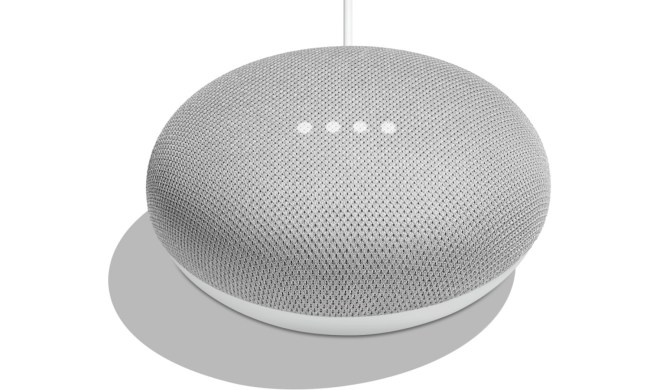The London-based International Federation of the Phonographic Industry (IFPI) (basically the U.K.’s equivalent of the RIAA) has published a new report in which is estimates that digital music sales accounted for about $2 billion in overall revenue for the music industry—that figure represents a doubling of the market compared to 2005, in which overall digital music revenues were around $1 billion. According to the IFPI, digital sales now account for about 10 percent of the overall music market. By 2010, the group sees digital music accounting for 25 percent of global music sales.
The IFPI cites a number of new developments spurring digital music sales, including an ever-expanding catalog of available music (nearly four million tracks are now widely available), music companies are getting better at releasing tracks and albums as digital products, classical music is beginning to develop a digital market, and the industry is beginning to see some revenue from advertising-driven services.
However, the report finds that digital music still hasn’t made up the industry’s revenue shortfall resulting from the decline in sales of standard audio CDs, and—as one might expect from an industry group—finds that digital music piracy remains a prime threat to the emerging digital music business. In European markets, the IFPI believes legal action against large-scale peer-to-peer file sharing operations have had some success in curbing piracy and lowering the number of European Internet users who frequently engage in piracy. Some 10,000 cases against individual file-sharers were announces during 2006 in 18 countries. However, the IFPI believes actions against individual pirates isn’t an ideal solution, and resolves to take legal steps to clamp down on file sharing at the ISP level.
“The market remains a challenge,” said IFPI Chairman and CEO John Kennedy. “Other industries, such as film and newspapers, are struggling with the same problems that we have had to live with. As an industry we are enforcing our rights decisively in the fight against piracy and this will continue. However, we should not be doing this job alone. With cooperation from ISPs we could make huge strides in tackling internet piracy globally. It is very unfortunate that it seems to need pressure from governments or even action in the courts to achieve this, but as an industry we are determined to see this campaign through to the end.”
The IFPI report finds that about half of global digital music revenues came from mobile music sales, with regional variation (for instance, 90 percent of the Japanese digital music market was mobile music). The IFPI remains concerned that only about 14 percent of portable music player owners fill up their players using paid music services—about the same proportion source their music from P2P networks and free Web sites, often in violation of copyright. (That would seem to leave more than two thirds of portable player owners sourcing music from somewhere else—presumably, audio CDS.


